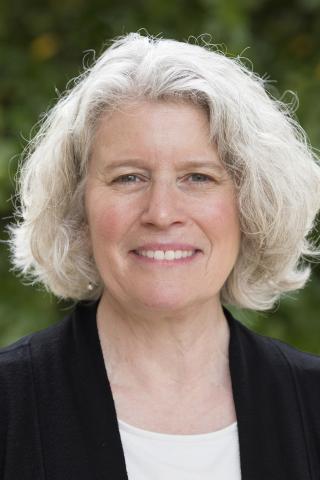Can the board of county commissioners meet in closed session to discuss the performance of the elected sheriff or register of deeds? The open meetings law allows a public body to meet in closed session to talk about employees. But … Read more
The post Open Meetings Book: New Edition Now Available appeared first on Coates’ Canons NC Local Government Law.
Public Officials - Local and State Government Roles
Topics - Local and State Government


